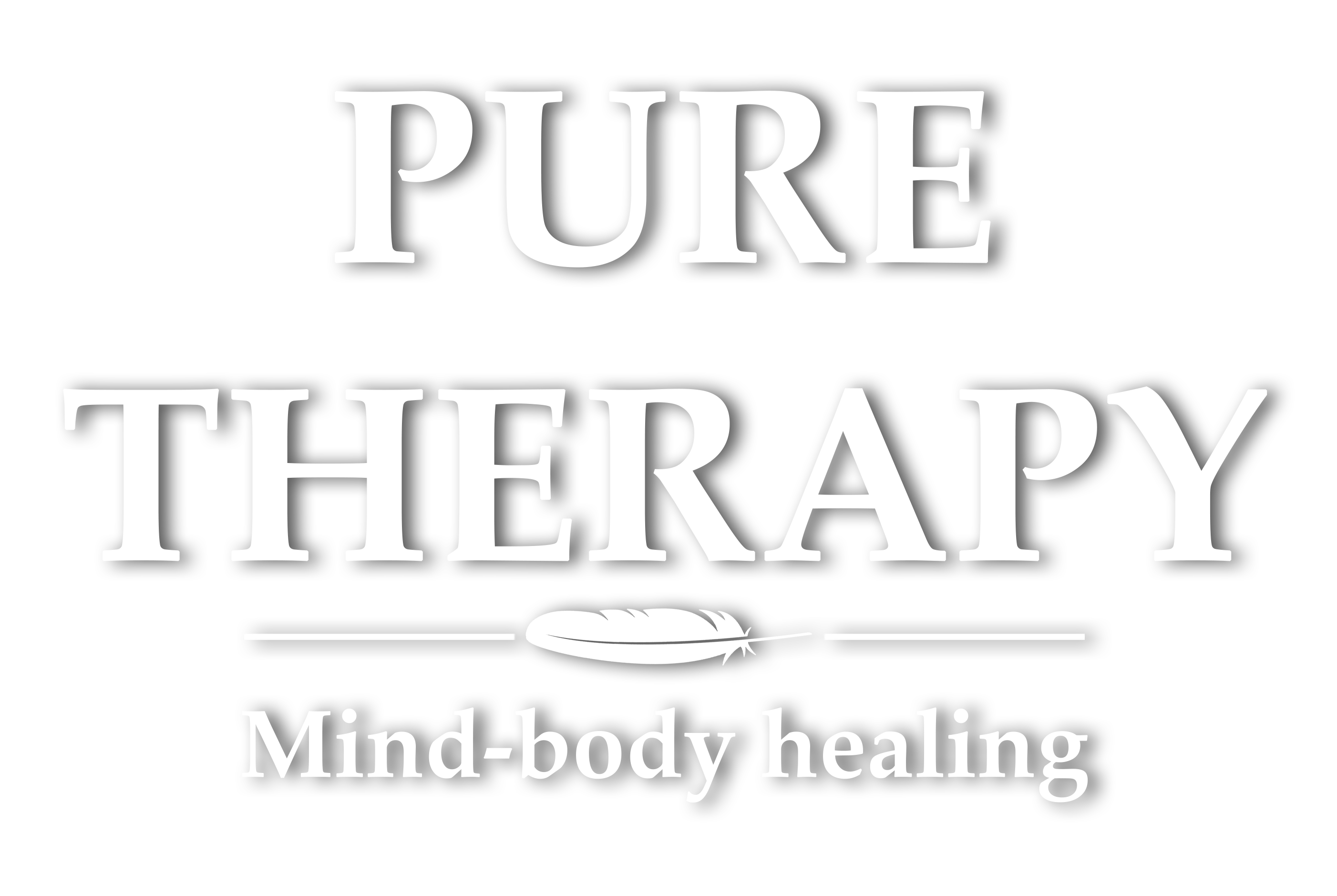
What is Hypnosis?
To understand hypnosis, we must first understand the inner workings and structure of the mind itself. When we imagine our mind, most often we think of that little voice inside our head which tells us what to do. Indeed, this inner voice, known to psychology as the ego, is a part of the mind. However, it is not the mind in its totality. Beneath the surface of our conscious thinking, guarded by that inner voice, is the subconscious.
The subconscious is a deeper, more primal part of the mind. It is here where all memories are stored, and all feeling takes place. Whereas the ego handles our conscious thought, the subconscious is responsible for our instinct and emotion. Whereas the ego is critical and discriminating, the subconscious exists only in the moment and takes everything at face value. As our lives progress, events and people make innumerable impressions on our subconscious mind. It’s these impressions which shape our way of thinking.
Here is where trouble begins to brew. While we may consciously be able to take things in stride, the subconscious mind can hold on to feelings and memories from both childhood and adulthood with or without our knowledge. As these impressions form the prime directives of our subconscious, they can manifest as sadness, stress, fear, aversion, addiction, mental rigidity and habitual patterns of thinking which can keep us from living our best lives.
Unlike traditional talk therapy which deals with the ego alone, hypnosis works on a deeper, more intuitive level. Hypnosis is not a technique but a state of consciousness where the lines of communication between the conscious and subconscious mind are opened. Rather than dealing with just the ego, we can work with the whole of our mind to achieve lasting, foundational change. Thus, what takes years on the couch with a psychologist can be accomplished in only a few sessions with a hypnotist.
Hypnosis is useful for:
• Stress management
• Pain management
• Deeper, more peaceful sleep
• Talent enhancement
• Smoking cessation
• Weight loss
• Improved emotional wellbeing
• Mental balance
• Personal growth and development
Depth of Hypnosis
Depth of hypnosis can be measured in many ways. Some scales identity upwards of twenty distinct levels of hypnosis, from the minor hypnoidal state, inducible simply by shock, to the rarely achieved somnambulistic state, known almost exclusively to those most senior hypnotists.
Important perhaps in the lab, depth of hypnosis is not something we need worry about here in the clinical setting. Great insights can be gained and good work done at any level of hypnosis.
Hypnosis is in many ways a skill, with deeper levels entered into progressively after numerous sessions. First timers usually enter into only a light state of hypnosis, coming quickly in and out hypnosis at will.
How deeply one enters into a state of hypnosis is determined by a variety factors, the most important of which is an individual’s willingness to set aside egoistic thinking and open themselves to the tremendous power and insight contained within the subconscious mind.
Hypnotists agree that whatever level of hypnosis you reach, that’s the right level for you.
